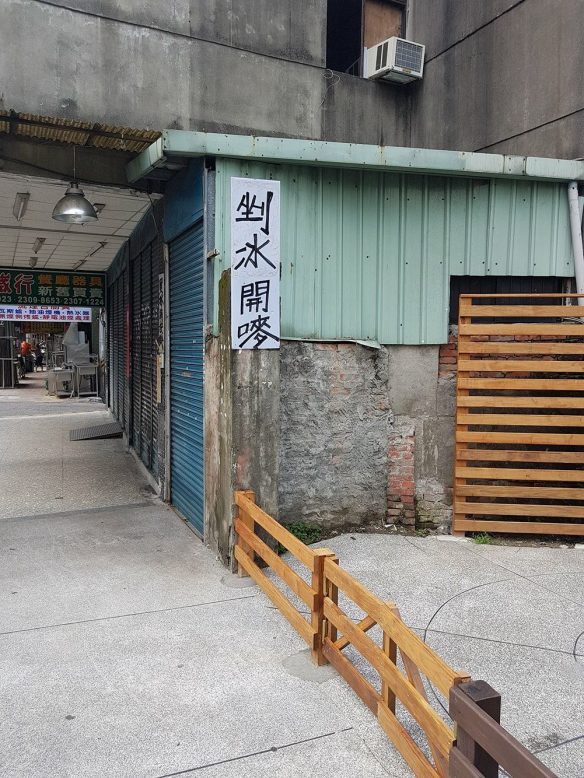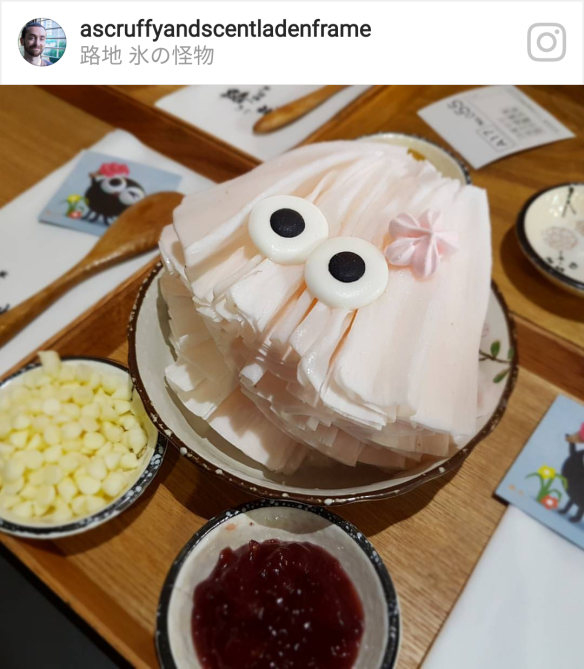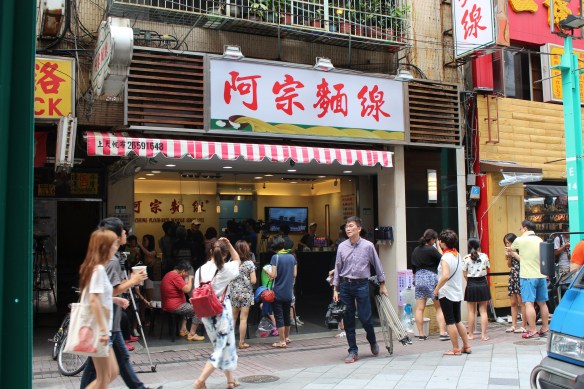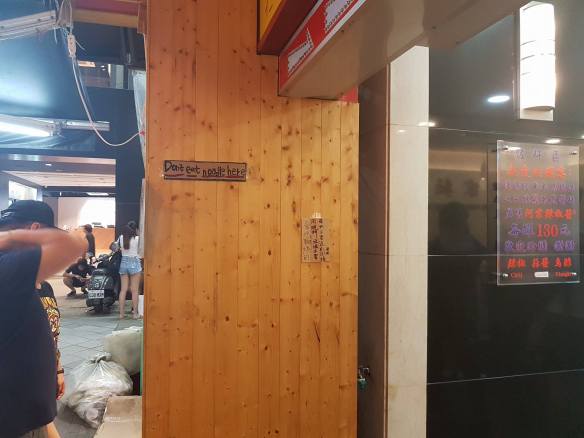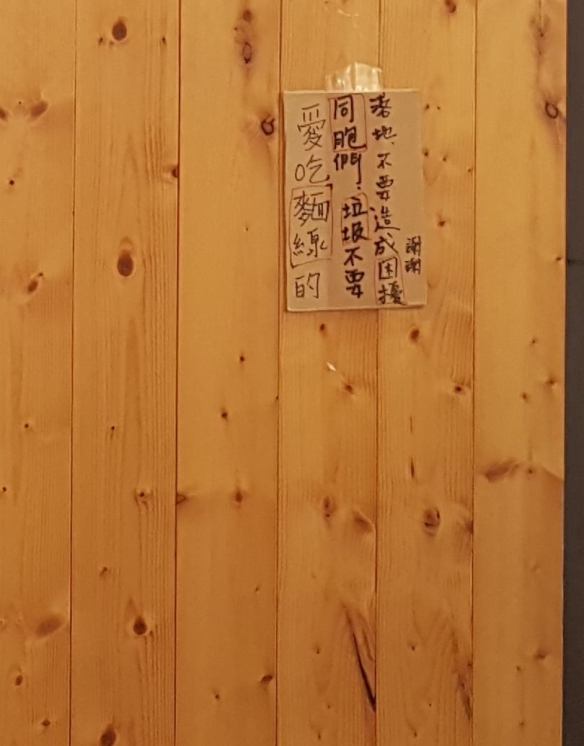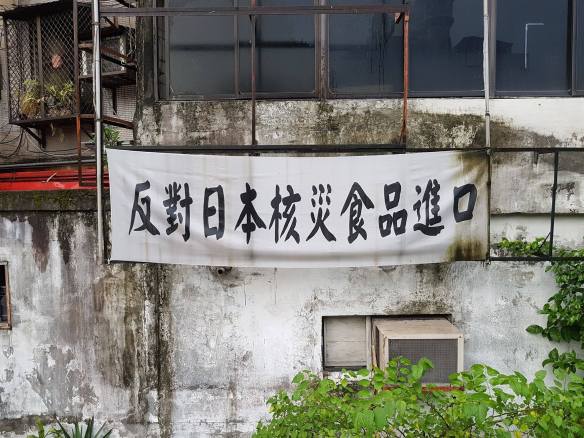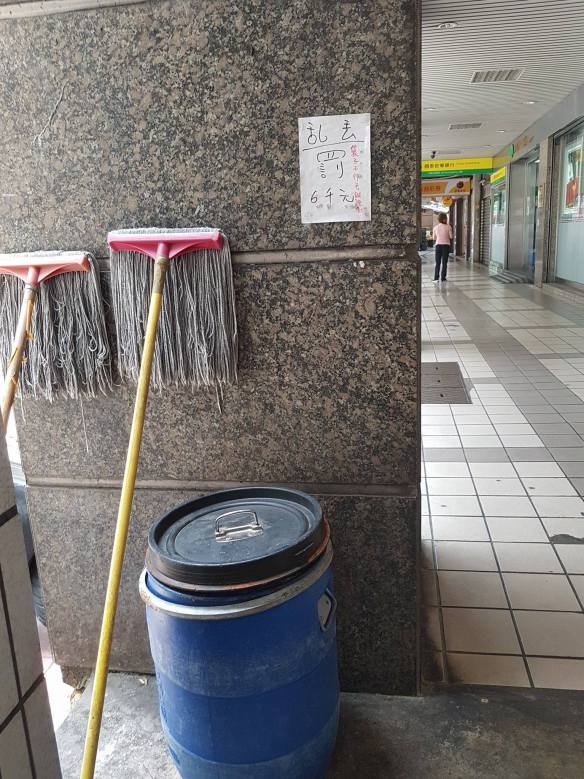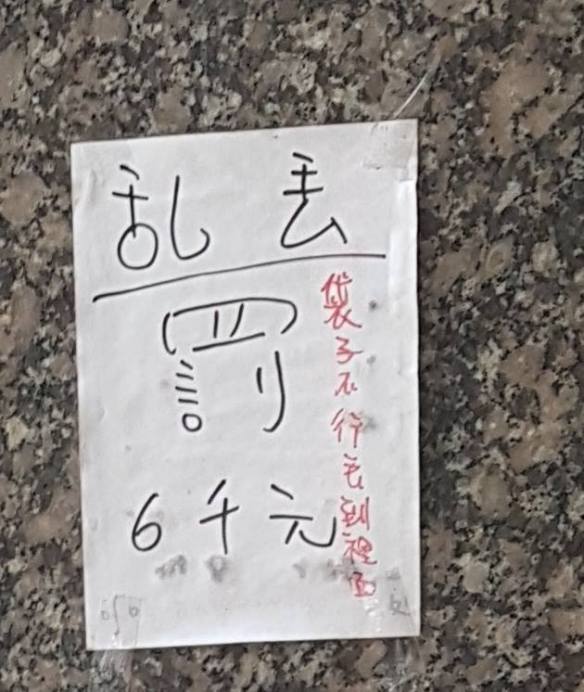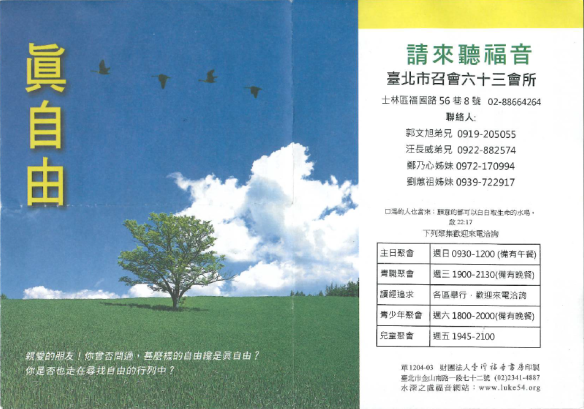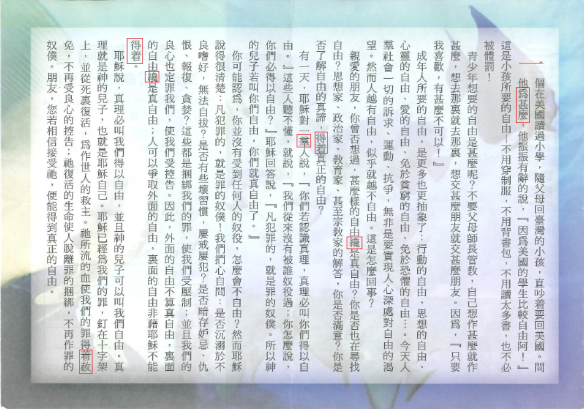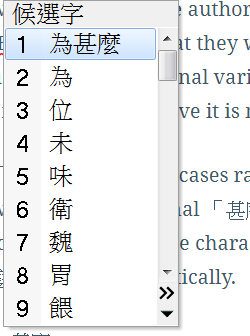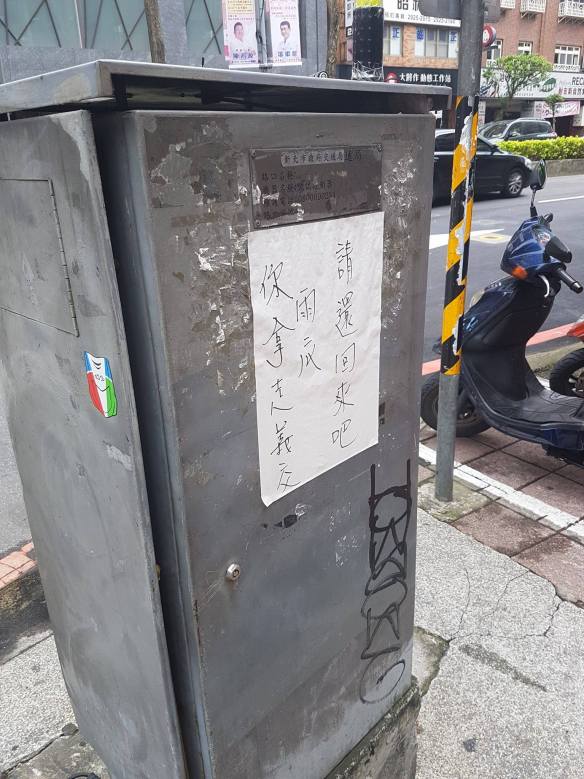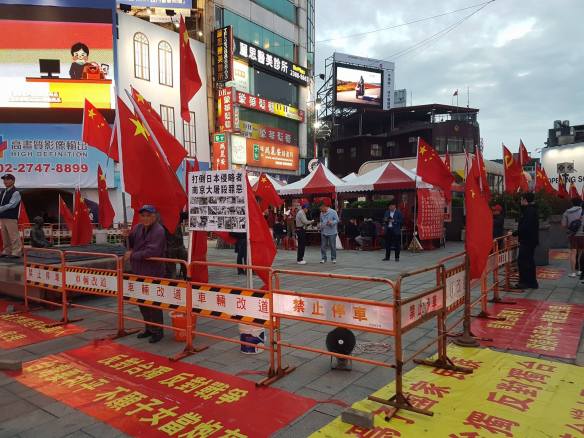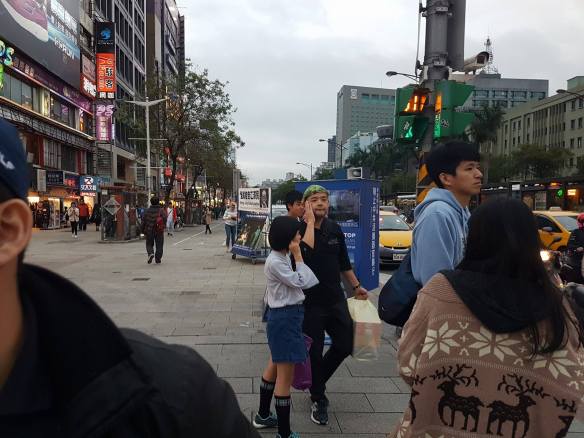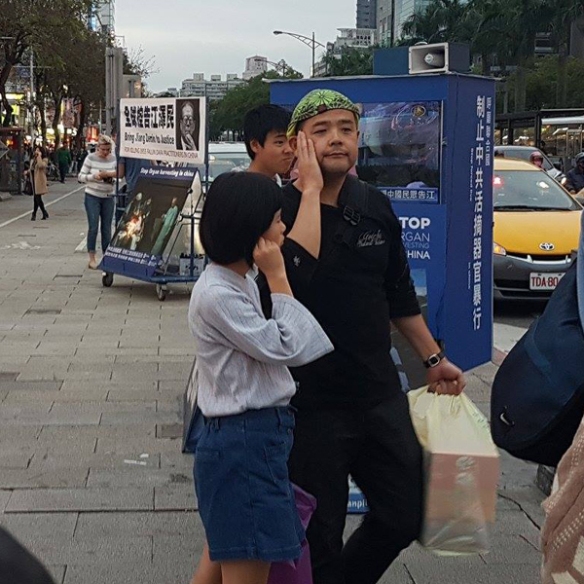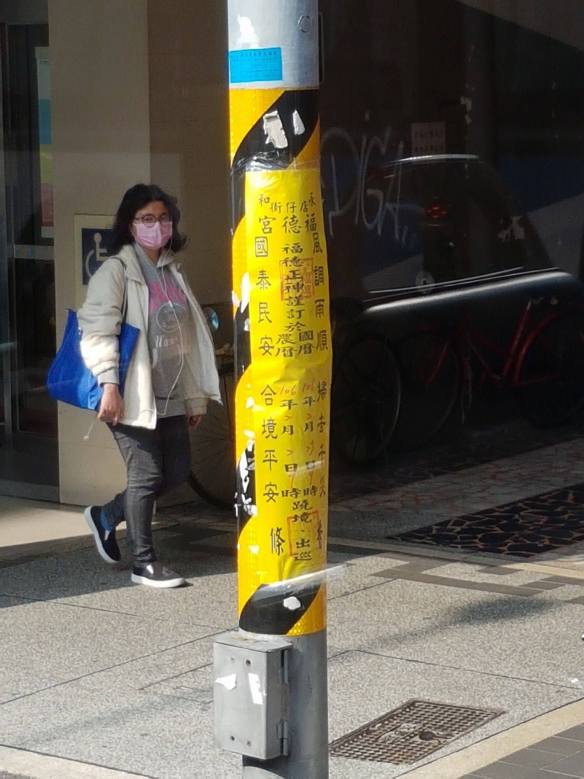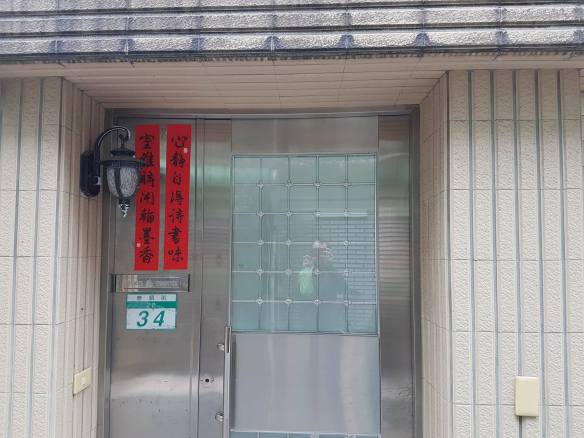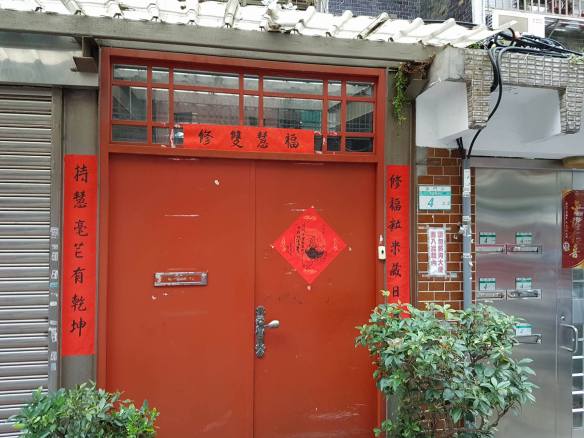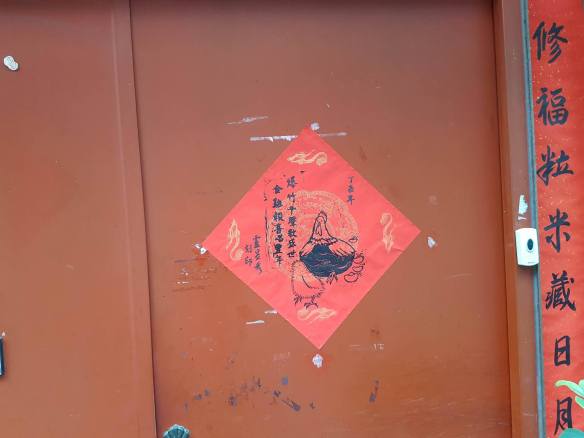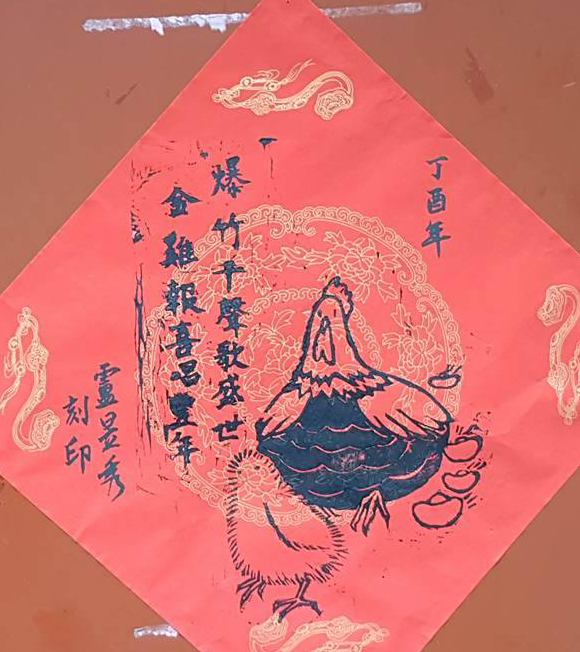I’m always interested to see religious pamphlets when they come through my door, especially given the recent protests held by Taiwan’s Christian minority against the gay marriage bill.
Taiwanese president Tsai Ing-wen has treated these religious groups on the same footing as pro-gay marriage groups, despite a lot of misinformation spread by the former on the actual content on the bill (lots of talk of men marrying Ferris wheels and dogs).
Anyway, I got this leaflet through the door this week, which appears to be associated with or enamoured with the “Aleph & Tav Prophetic Endtime Ministries“, a sect of Messianic Judaism, and have translated selections of it that I thought were interesting as they relate to gay rights and abortion.
The first page is slightly odd, in that it first suggests that there has been an uptick in “earthquakes, floods, tornadoes, volcanic eruptions, heat waves, damage to crops from cold spells, epidemics and terrorist attacks” and then states that most of these are the result of how humanity has destroyed the earth’s environment. He then points out, that actually earthquakes and volcanic eruptions are not related to global warming, but are rather a sign of god’s anger. He goes on to state that effects of global warming are far beyond what many scientists predicted, so god’s probably making global warming worse for us too.
After this the author goes into a rant about the Sabbath being from Friday sunset to Saturday sunset, not Sunday as some Christians would have it. One line of this rant stood out to me:
不要再讓外邦人嘲笑我們不遵守十誡。
Don’t allow the people of foreign countries to continue to mock us for not observing the 10 Commandments.
This is interesting because it conflicts with statements made later on in the text, in which he criticizes Taiwanese people for blindly following Western conventions on the issue of abortion.
The second page is a little more interesting, and I’ve translated it in two parts. The first excerpt is as follows:
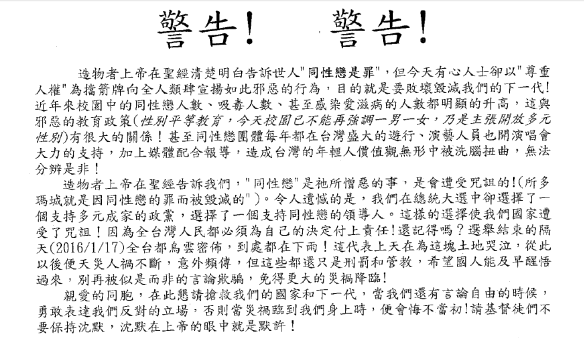
Warning! Warning!
The creator clearly tells humanity in the bible “Homosexuality is sin”, but nowadays, people with ulterior motives use “respect for human rights” as a shield to promote such evil behaviour among humanity. Their motive is to destroy and obliterate our next generation! Over recent years the number of homosexuals, drug users and even people infected with AIDS [sic.] on school campuses has clearly risen, which is closely related to the evil education policies (gender equality education, today in schools they no longer emphasize the idea of one man and one woman, but they advocate to allow for diverse genders)! There are even massive parades by homosexual groups in Taiwan every year, with singers launching concerts to support the cause and the media writing favourable reports about them, which has led to an intangible brainwashing and warping of the value systems of Taiwan’s young people so that they can no longer tell right from wrong!
The creator tells us in the bible that “homosexuals” are an object of his scorn, and are accursed! (The city of Sodom was destroyed because of the sin of homosexuality). What is most regrettable is that during the presidential election we chose a political party that supports diverse families and we chose a leader who supports homosexuals. This choice has led our country to be cursed! As all the people of Taiwan must take responsibility for their decision! Do you still remember? The day after the election (January 17, 2016) their were dark clouds in the skies all over Taiwan, and it rained everywhere! This is a sign that the heavens were weeping for this accursed piece of land, from that time onward there has been natural disaster after natural disaster, with frequent news of accidents, but this is just punishment and discipline, in the hope that our compatriots can wake up to this as soon as possible, and be cheated by this disingenuous rhetoric no longer, to prevent an even bigger disaster befalling us!
Dear compatriots, we hereby implore you to save our country’s next generation, to clearly express your opposition while we still have freedom of speech, otherwise when a disaster befalls us and we will be left with nothing but regret! We ask that Christians not remain silent, as silence is tacit agreement in the eyes of the lord!
Continue reading →
